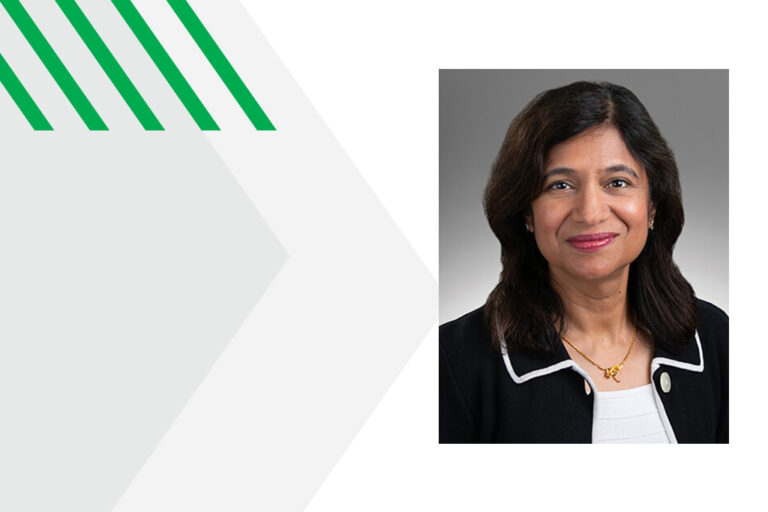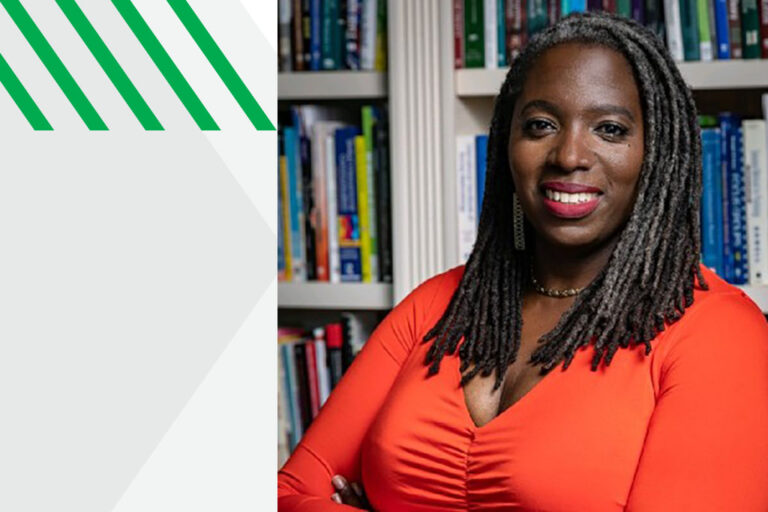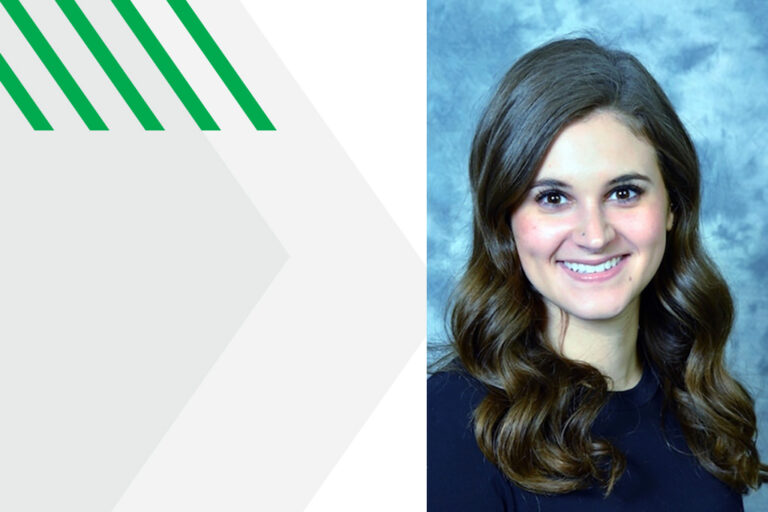Teaching, Learning, and Scholarship Corner: 2021 Faculty Development Needs Assessment results
 In July 2021, TLAS sent a school-wide faculty development needs assessment survey to members of the School of Medicine & Health Sciences. This annual survey is designed to guide the development of future faculty development offerings through the TLAS unit of Education Resources and the Office of Education & Faculty Affairs (EFA). TLAS focuses on faculty development in teaching excellence and educational scholarship. A total of 78 unique responses were recorded from over 20 departments and specialties! Today’s article provides a brief summary of the results of this survey and TLAS plans to address them.
In July 2021, TLAS sent a school-wide faculty development needs assessment survey to members of the School of Medicine & Health Sciences. This annual survey is designed to guide the development of future faculty development offerings through the TLAS unit of Education Resources and the Office of Education & Faculty Affairs (EFA). TLAS focuses on faculty development in teaching excellence and educational scholarship. A total of 78 unique responses were recorded from over 20 departments and specialties! Today’s article provides a brief summary of the results of this survey and TLAS plans to address them.
Active Learning and Assessment: One of the clear needs expressed by respondents was for faculty development around competency-based learning, assessment, active learning, and effective lecturing. TLAS has presented ten workshops and events on these topics, including three during the 2020-21 academic year, and will continue to offer programming in order to meet this ongoing need.
Precepting and Evaluation: A number of clinical faculty indicated that they wanted faculty development in the areas of clinical precepting and feedback/evaluation. Previously, TLAS presented on clinical precepting topics including diagnostic reasoning, the 1-minute preceptor, competency and resiliency, and mentorship. There are plans to expand this area significantly moving forward.
Productivity, Leadership, and Diversity, Equity, and Inclusion (DEI): Time efficiencies, organization, and productivity continue to be a common and urgent need, especially as faculty adjust to teaching methods that may include hybrid, virtual, in-person, and/or other combinations of these in response to COVID-19-related needs. Additionally, many of you asked for more development around DEI as well as leadership (which is addressed primarily through the Office of Education and Faculty Affairs), and specific technical or software training (addressed primarily through TTaDA and the University Information Technology). TLAS will make these areas a priority for developing new opportunities and collaborating with other campus units offering such topics. If you have an interest and expertise in any of these areas, we’d love to work with you to help develop these offerings!
Marketing, Modality, and Access: We also plan to introduce several additional changes in administrative and logistical functions. First, the needs assessment uncovered several preferences for new ways to disseminate and market faculty development offerings. Last year, we heard several requests regarding dissemination, and, as a result, we began providing calendar invitations to upcoming events (in addition to announcements elsewhere). Approximately 25% of survey respondents indicated an interest in, or interaction with, our department’s Twitter account. Twitter will continue to be used for the dissemination of events, announcements, and just-in-time faculty development resources.
It is rarely possible to find a date or time that works for everyone, but we’ll work to advertise the dates of upcoming events as soon as they are known to allow improved planning for clinical faculty and others with complicated schedules. We’ll also continue to record and post our sessions on the web. Several respondents requested recordings and were unaware of their availability on our website. As a result, we will increase marketing of our recorded events by emailing them out postsession. Many respondents also stated interest in shorter recorded sessions or asynchronous workshops. As a result, we will explore the creation of shorter events and edited recordings of the key takeaways from our longer events.
We also heard lots of feedback about the modality of our offerings. Interest in face-to-face versus virtual events was split nearly 50/50! During fall 2021, TLAS will continue to offer virtual-only attendance but will continually revisit whether to offer face-to-face programming as COVID-19 safety protocols allow.
Summary: In summary, responses to the 2021 faculty development needs assessment survey revealed several preferences, ideas, and areas of focus. Thank you again to everyone who provided input on the 2020-21 survey—we heard you! We’ll continue to share the developments we make in response throughout the next year. If you have questions, comments, or interest in any of the information provided here, please contact Dr. Salentiny (adrienne.salentiny@UND.edu). A complete narrative summary and survey data are also available on our website.



